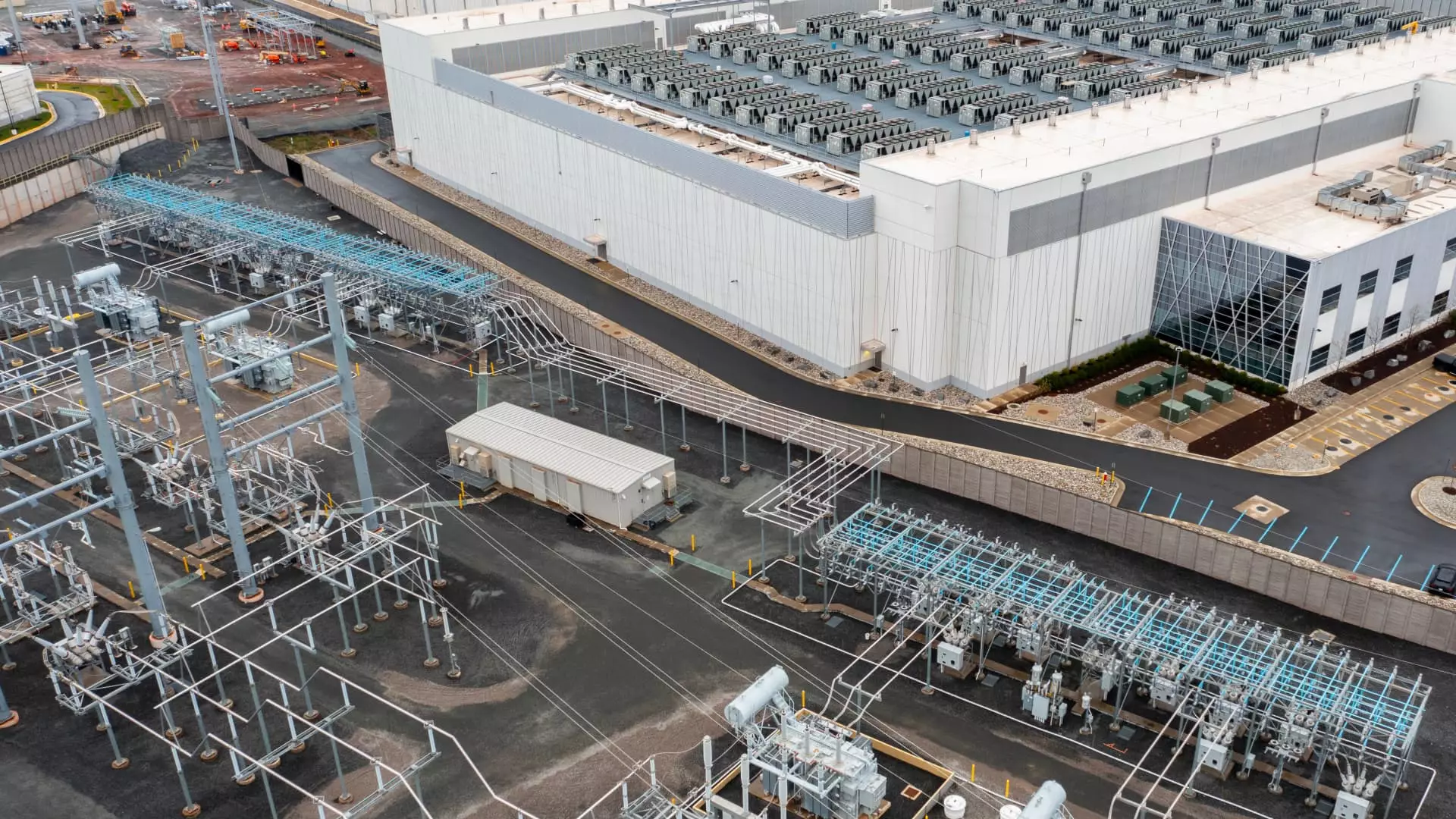Nuclear Power and the Intersection of AI: Challenges Ahead

In recent times, the penchant for seeking reliable and sustainable energy sources has led technology companies to explore different avenues, with nuclear power emerging as a promising candidate. The push to directly power artificial intelligence (AI) infrastructure via nuclear energy had garnered significant interest. However, this initiative recently encountered a substantial setback when the Federal Energy Regulatory Commission (FERC) dismissed a crucial request from Talen Energy to enhance power capacity for an Amazon data center. This decision raises questions about the practicality of nuclear energy as a power solution for rapidly expanding tech needs.
The planned collaboration between Talen Energy and Amazon represented a pioneering model where a nuclear plant would cater specifically to a tech giant’s energy demands. Talen’s acquisition of an Amazon data center campus for $650 million indicated a robust investment in the future of energy production and consumption. However, the rejection of the requested increase from 300 megawatts to 480 megawatts at the Susquehanna Nuclear Plant by FERC suggests that regulatory hurdles may hinder the viability of such arrangements. FERC Commissioner Mark Christie’s statement alludes to concerns surrounding grid reliability and consumer pricing—factors that are undoubtedly intertwined with the ambitious vision of AI and cloud computing growth.
The immediate financial fallout from FERC’s decision was palpable. Talen Energy’s stock dropped over 9% in premarket trading, a reflection of investor apprehension about the future of such partnerships. This bearish sentiment spilled over into the stock prices of Constellation Energy and Vistra Corp., dropping approximately 8% and 3%, respectively. The broader implications are significant; as investors had anticipated further collaborations between utilities and tech companies, the current scenario calls for a re-evaluation of these expectations.
The concept of co-location—where power generators and consumers are situated near one another—promises to streamline energy distribution while enhancing the resilience of the grid. FERC’s stance against increasing power to the Amazon data center could hinder efforts to tap nuclear energy as a crucial resource for data centers reliant on immense electricity consumption, particularly those powering AI applications. The growing demand for energy in the tech sector underscores the need for sustainable solutions, with nuclear energy presenting a formidable option due to its reliability and minimal carbon emissions.
In light of the rejection by FERC, Talen Energy expressed concern that the decision could create a “chilling effect” on economic development across states like Pennsylvania, Ohio, and New Jersey. The company reaffirmed its commitment to evaluating commercial solutions, yet the uncertainty surrounding regulatory support poses risks to further investments in nuclear technology for power generation. As electricity consumption from data centers continues to rise, the need for innovative solutions becomes ever more pressing.
Amid these challenges, it’s crucial to recognize that the basic framework of nuclear energy remains intact. While Talen’s partnership will proceed with the original 300 megawatt limitation, Constellation Energy’s plans for the Three Mile Island nuclear plant signify a different approach—selling power to the grid rather than direct partnerships with tech entities. The contrasting strategies underscore a vital divergence in the industry as stakeholders navigate energy requirements. Constellation’s efforts illustrate a slow, deliberative approach to enhance systems without relying on contentious agreements.
As the tech industry ramps up its pursuit of sustainable energy sources, it will necessitate careful consideration of regulatory policies, market conditions, and economic implications. While the current setback offers a sobering reminder of the complexities entwined within the energy market, opportunities for innovation remain ripe. Both nuclear energy advocates and tech enterprises must collaborate to facilitate frameworks that support sustainable power while meeting the exponential demands of data consumption and AI processing.
As we witness a convergence of technology and nuclear power efforts, navigating these turbulent waters will require not just optimism, but also strategic planning and regulatory foresight. The stakes are high, and both industries stand to benefit significantly from a fruitful liaison in the future.





